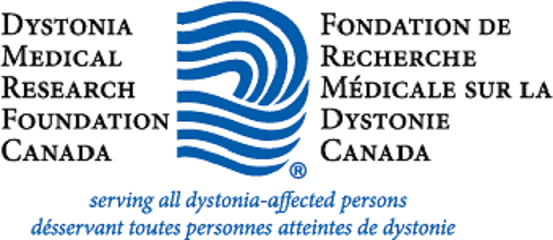Dystonia is a disorder that disrupts the body’s ability to move normally. It may come as a surprise to new patients that there is a subspecialty of medical doctors who have dedicated their careers to caring for people with movement disorders and researching these specific neurological problems.
A movement disorder specialist is a neurologist with intensive training and experience specifically in movement disorders. Although movement disorders have been documented for thousands of years, movement disorders as a field is relatively new in neurology.
Examples of Movement Disorders
- Ataxia
- Dystonia
- Huntington's disease and chorea
- Parkinson's disease and parkinsonism
- Myoclonus
- Restless legs syndrome
- Stiff Person Spectrum Disorder
- Tics and Tourette syndrome
- Tremors
Following medical school, a neurologist’s training includes a one-year internship in internal medicine (or two years of pediatrics for child neurologists) and at least three years of specialized residency training in neurology. Many neurologists invest one or two additional years of fellowship training in a wide variety of subspecialties—movement disorders is one example. Many fellowships involve a combination of both patient care and research.
A movement disorder specialist is an essential member of the health care team of an individual with dystonia. Primary care providers, neurologists, physical or occupational therapists, mental health professionals, and additional specialists may also have important roles in contributing to and implementing a comprehensive treatment plan.
In recent years, there has been tremendous advancements in new diagnostic information, pharmacological and neurosurgical treatments for movement disorders as well as a greater understanding of the underlying causes. General neurologists, or neurologists in other subspecialties, cannot necessarily be expected to have background in movement disorders or be immersed in the latest dystonia research advancements. Some otolaryngologists, speech-language pathologists, neuro-ophthalmologists, ophthalmologists, and other health care providers may be qualified to diagnose and/or treat specific types of dystonia, depending on their training and experience.
Tips for Locating a Movement Disorder Specialist
- A credential to identify a movement disorder specialist is that the physician has completed clinical fellowship training specifically in ‘movement disorders.’
- DMRF Canada offers a voluntary directory of physicians who treat dystonia.
- Child neurologists with expertise in movement disorders may be challenging to locate. Some movement disorder clinics treat children while others may refer young patients to an affiliated child neurology program.
Thank you to Dystonia Medical Research Foundation (USA) for allowing us to share this information. The DMRF is a 501(c)(3) non-profit organization dedicated to advancing research for improved dystonia treatments and ultimately a cure, promoting awareness, and supporting the well-being of affected individuals and families.
